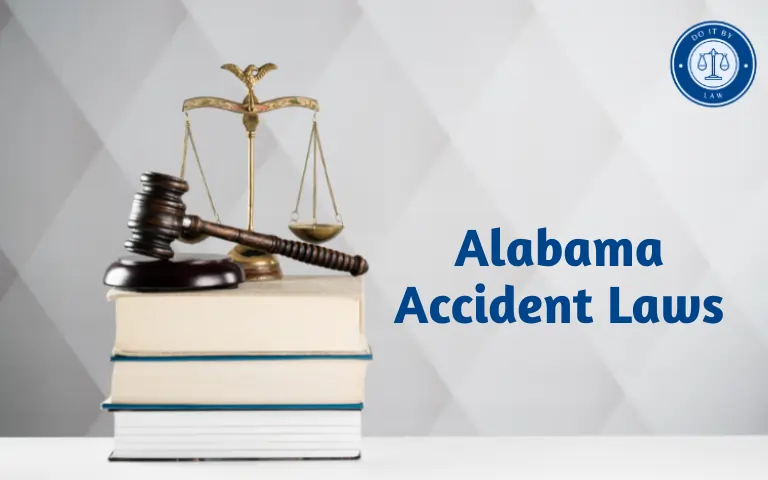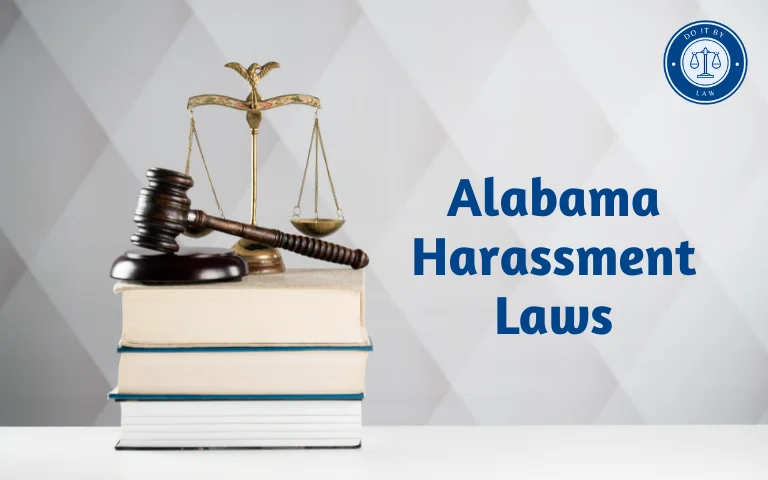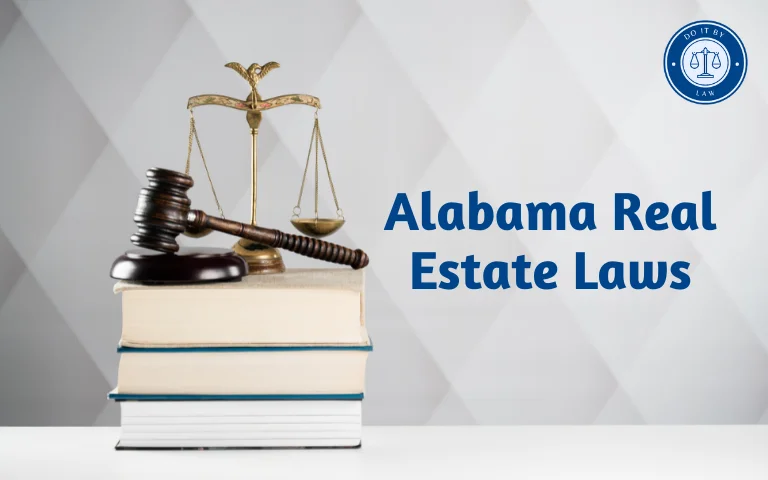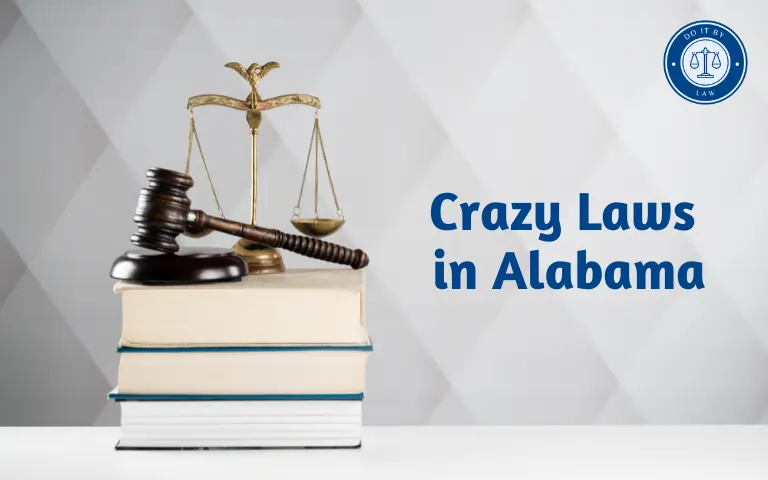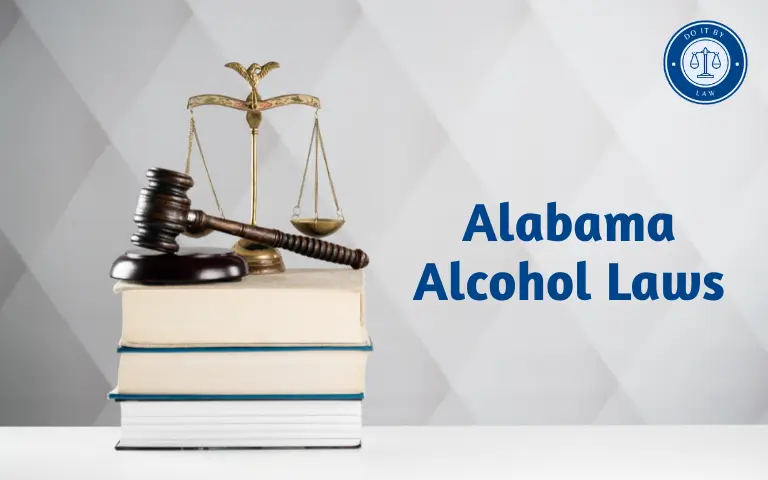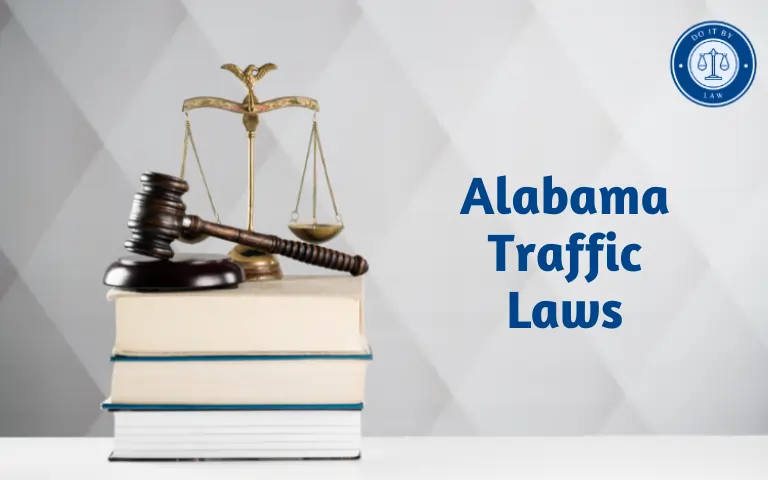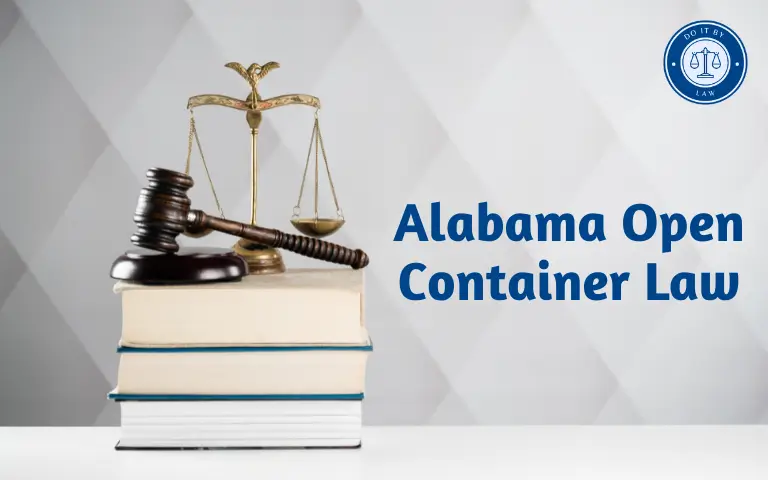Alabama Accident Laws: What do you need to know
If you are injured in an Alabama vehicle collision or other type of accident, state laws govern liability and compensation processes. This guide summarizes key Alabama Accident Laws and procedures in Alabama as of November 2023 for dealing with injuries or property damage.
When Were Alabama Accident Laws Enacted and Why Do They Exist?
Alabama States enacted early negligence laws in the late 1800s modeled on British common law principles. These established liability and compensation systems for accidents causing personal/property damages due to unreasonable conduct.
Over time, further statutes emerged addressing:
- Automotive liability and insurance requirements
- Workers compensation for on-the-job injuries
- Product liability for unsafe consumer goods
- Premises rules on property dangers and slip-and-falls
- Assorted regulations on public safety threats
Accident laws aim to determine responsibility, enable victim compensation, and incentivize safer behavior/conditions. Most cases now fall under Alabama’s general tort law doctrines or specific statutes on negligence, recklessness wrongful death, etc.
Who Do Alabama Accident Laws Apply To?
Alabama’s accident liability and compensation laws potentially apply to:
- Anyone injured in the state due to another party’s unreasonable actions or inaction.
- Those causing damages to an injured victim under personal injury law.
- Businesses/entities with premises or product liabilities for accidents involving customers, staff, and the public.
- Insurance companies covering relevant policies.
- Workers compensation systems for job-related injuries.
In some cases, out-of-state parties may also fall under Alabama’s jurisdiction for accidents with state ties.
Key Provisions, Requirements, and Restrictions
Alabama has various statutes and legal doctrines governing different accident types. Some key provisions include:
Negligence Rules
- Must prove the injured party acted reasonably while the defendant failed this “duty of care” causing damages. Comparative negligence statutes reduce payouts based on any victim fault percentage.
- Specific liability laws cover certain scenarios like car crashes, unsafe property conditions, defective products, medical malpractice, etc.
Strict Liability
- Applied in select cases like blasting cap injuries or hazardous operations where the fault is essentially automatic/absolute when damages occur.
Damages/Compensation
- Accident victims may claim economic losses for medical costs, and lost income, plus non-economic claims for pain/suffering and loss of consortium. Punitive awards are possible in exceptional cases.
- Wrongful death suits permit financial claims by close relatives of a deceased victim.
Time Limits
- The statute of limitations is typically two years from the accident date to file injury lawsuits. Exceptions exist for minors.
Insurance Requirements
- Drivers must carry mandatory liability coverage. Doctors, businesses, and high-risk operations need policies too. This enables payouts to victims.
Workers Compensation
- On-the-job accident/injury cases are handled under a fault administrative system with different rules than civil lawsuits.
What Are the Penalties for Violating Alabama Accident Laws?
Parties acting negligently or recklessly face legal and financial penalties, including:
- Civil liability for victim’s economic and non-economic damages awarded by courts.
- Possible punitive damages in exceptional cases.
- Fines and jail time in cases of criminal violations like hit-and-run accidents, drunk driving incidents, etc.
- License suspensions for drivers committing traffic violations connected with an accident.
- Higher future insurance costs for drivers with accidents judged their fault.
Businesses, product manufacturers, and property owners also see increased liability insurance costs after major incidents involving injuries on-site or from goods.
Recent Changes and Proposed Updates to Alabama Accident Laws
Alabama regularly updates various statutes governing accidents and injury compensation:
Recent Changes
- Increased hit-and-run penalties, now 5 years imprisonment potential upon conviction.
- Tightened worker’s compensation rules reducing benefits for accidents involving intoxication or drug use.
Proposed Changes
- Shorten the window to file product liability cases from two years to one year.
- Raise minimum auto insurance requirements to provide more victim payout capacity.
Plaintiff lawyers and consumer groups often battle insurance/business lobbies attempting to limit options or damages for accident victims.
Controversies, Debates, and Challenges Around Alabama Accident Laws
Alabama faces various disputes around its accident and injury liability rules, for example:
- Tort reform battles – Disagreements over restricting huge jury verdicts in liability cases.
- Workers rights issues – Compensation benefit levels, scope of employment relationships, etc.
- Disputes over medical malpractice rules and provider liability exposure.
- Product safety debates like federal preemption over state standards.
- Car insurance premiums are viewed as unaffordable by many motorists.
Evolving accident laws balance competing needs of victim compensation, affordable insurance, business interests, public safety promotion and more.
Key Takeaways on Alabama Accident Laws
In summary, key points on Alabama’s system include:
- Negligence principles require proving unreasonable conduct causing foreseeable injury damages.
- Specific statutes expand liability in areas like auto crashes, medical errors, unsafe property conditions, etc.
- Damages cover economic losses plus pain/suffering amounts. Survivor claims permitted for fatalities.
- Strict deadlines exist for filing injury lawsuits after an accident.
- Businesses, drivers, and doctors must carry liability coverage minimums benefiting potential victims.
- Workers compensation administrative system handles job accident/injury cases.
- Penalties for violations include lawsuit damages, fines, imprisonment, and license loss.
Understanding Alabama’s accident law framework enables you to assert your legal rights if injured. Consult a local personal injury attorney for claim guidance.

